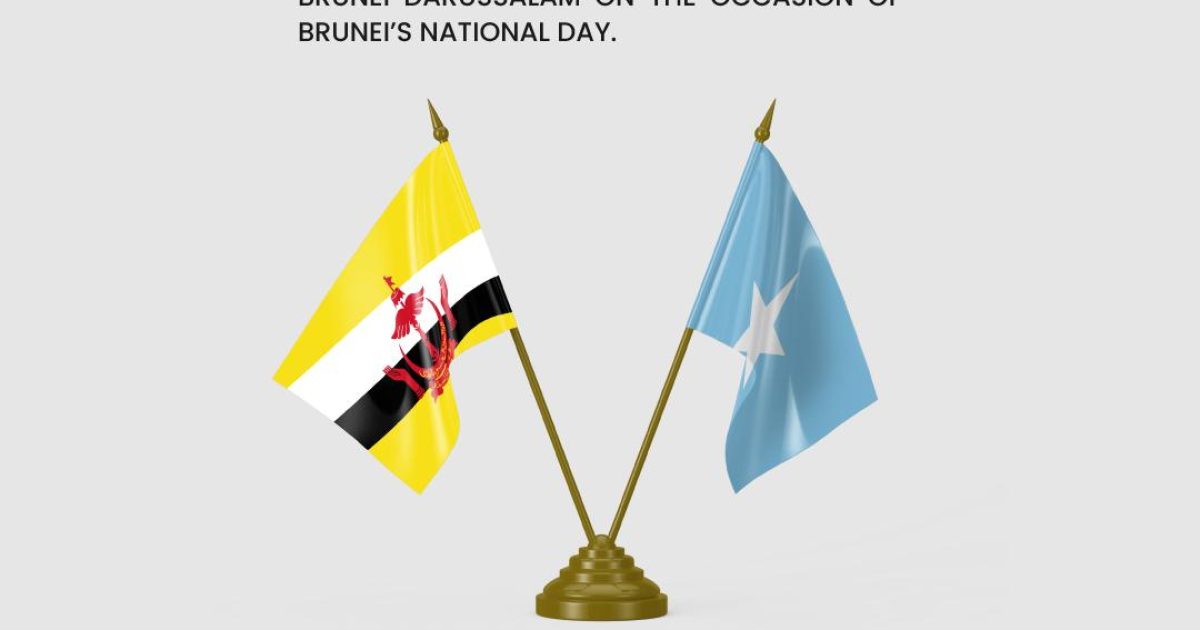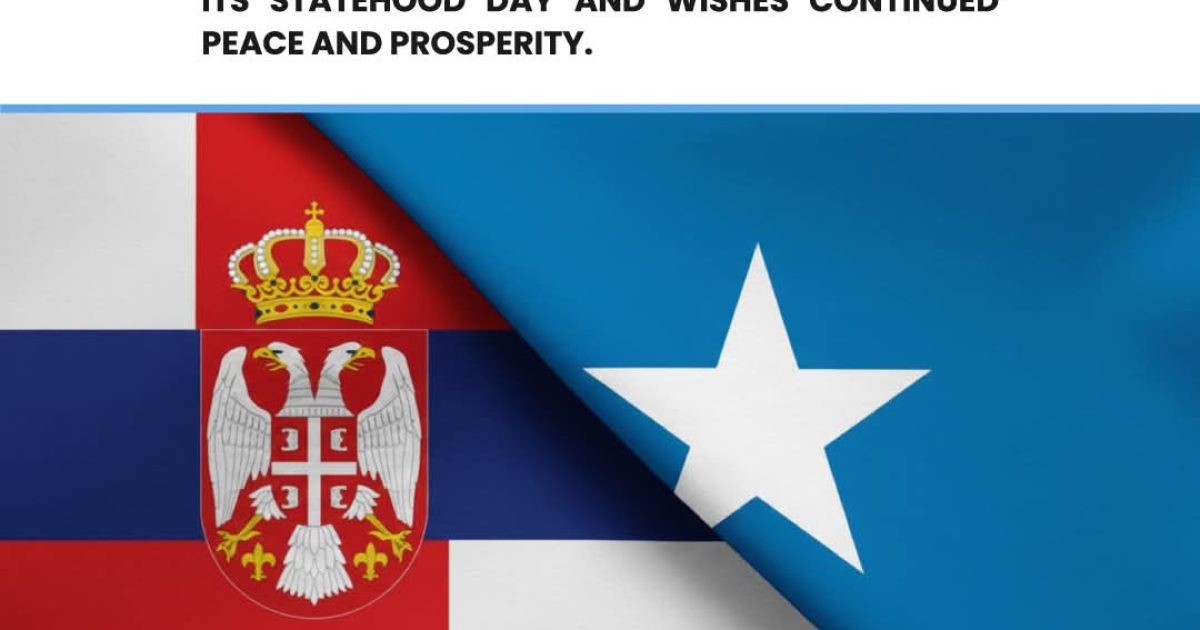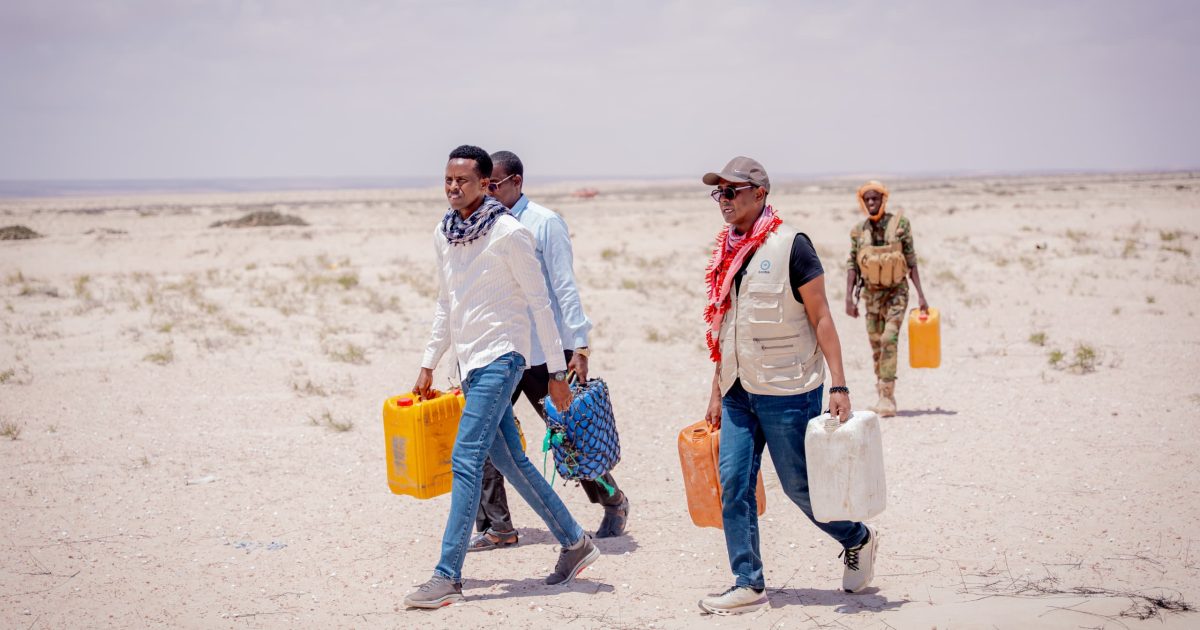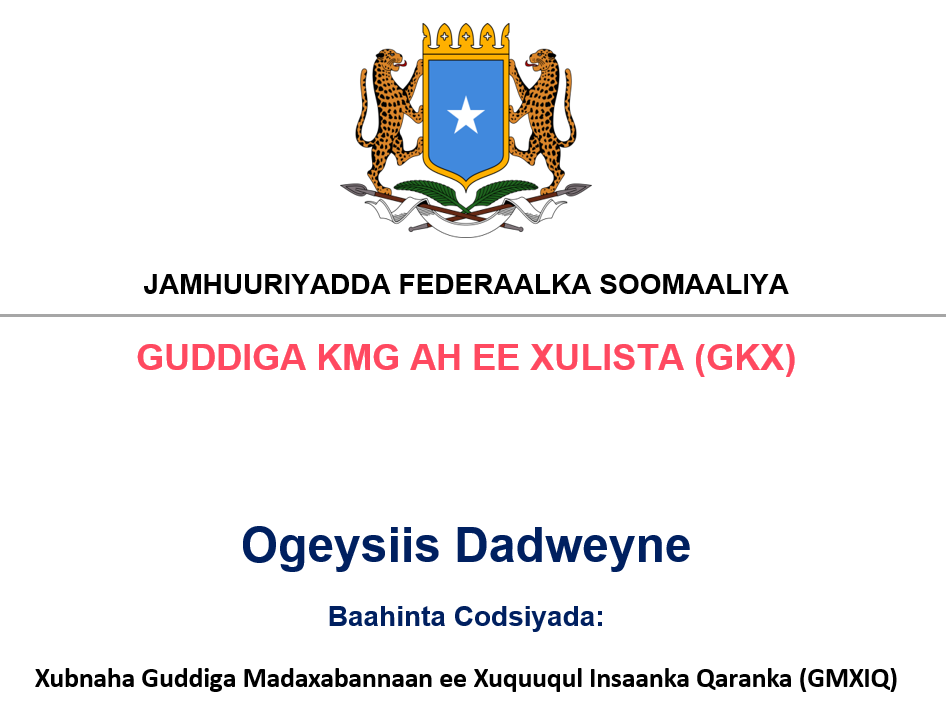Thousands of people took to the streets of Mogadishu on Wednesday to protest against a recent agreement between Ethiopia and Somaliland that would grant Ethiopia access to the Somali Sea and the land of Somaliland. The protesters, who came from different sections of the society, rejected the claim of the Federal Government of Somalia (FGS) that Somaliland is part of its territory and denounced the “greed” of Ethiopia for trying to take away their land and sea.
The protesters carried placards with slogans such as “Our sea is not for sale”, “Support our land”, “We will not give up” and “Our sea is a national treasure and heritage”. They also chanted anti-Ethiopia and anti-Somaliland slogans and waved the Somali flag.
The Prime Minister of Somalia, Hamza Abdi Bare, joined the demonstration and led a long march from his office to some parts of Mogadishu where thousands of Somali people were waiting to express their opposition to the deal. He was expected to give a speech to the public at the Daljirka Dahsoon monument, a symbol of Somali nationalism.
Some of the protesters who spoke to the media said that they considered the land and the sea as public property that they inherited from their ancestors and would pass on to their descendants. They said that they would never allow Ethiopia or Somaliland to take away their rights and resources.
Meanwhile, educational and government institutions were allowed to operate normally, while commercial areas were closed and people gathered outside the city and in designated areas for the protest.
The agreement between Ethiopia and Somaliland, which was signed last week by Ethiopian Prime Minister Abiy Ahmed and Somaliland President Muse Bihi Abdi, would allow Ethiopia to lease a 20-kilometer stretch of Somaliland’s coastline for its naval base. Somaliland, a self-declared independent state, broke away from Somalia in 1991 after a civil war but has not been recognized by any country. The agreement has sparked protests across Somaliland as well, with some citizens fearing that it would compromise their sovereignty and others seeing potential economic benefits.















